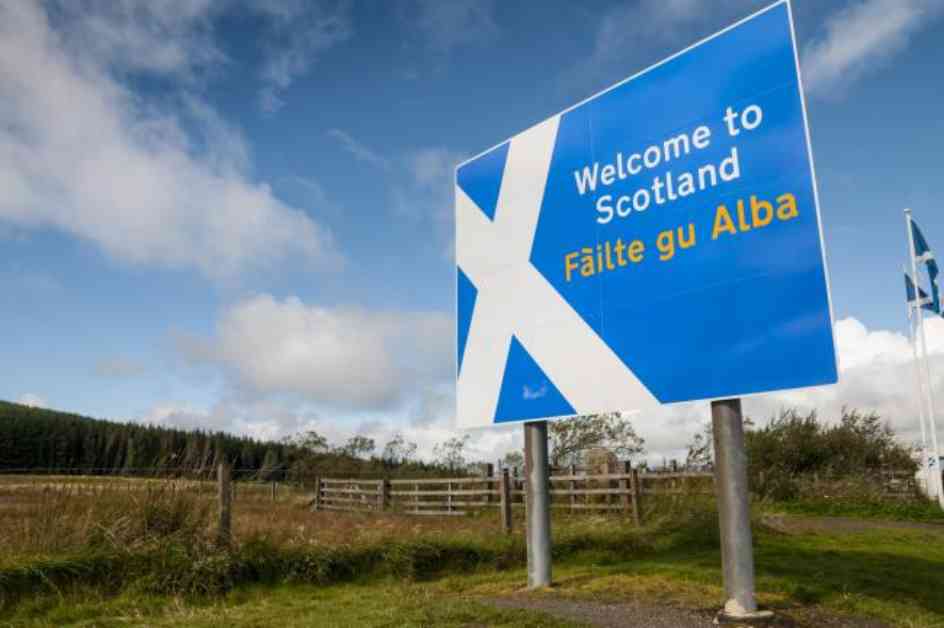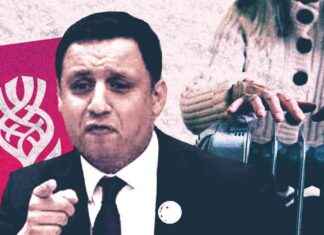Experts from the Council of Europe have highlighted the delicate treatment of Scots and Gaelic speakers in Scotland, emphasizing the highly politicized nature of attitudes towards these minority languages. In an official report published recently, concerns were raised about instances of intolerance, threats, and hate speech directed towards Scots speakers, particularly online and targeting women. This scrutiny sheds light on the discrimination faced by linguistic minorities in Scotland, urging a reflection on the treatment of these languages in public life.
Similar linguistic debates can be observed in Montenegro, a small Balkan state that gained independence from Serbia in 2006. The country’s language debate, much like Scotland’s, remains contentious even two decades after independence. Some individuals argue that Montenegrin is not a distinct language but merely a variation of Serbian, reflecting historical perspectives that have blurred the distinctions between these linguistic identities.
Despite efforts to establish Montenegrin as a separate language, skepticism and denial persist among some segments of the population. The debate reached international attention when the presidents of Serbia and Montenegro engaged in a public discourse about the shared linguistic heritage of the region. While linguistic differences exist among Serbian, Bosnian, Croatian, and Montenegrin, the perception of a unified language continues to challenge the recognition and acceptance of linguistic diversity.
In Scotland, the linguistic landscape is shaped by the coexistence of Scots and Gaelic alongside English. The recent introduction of a bill by the SNP government to elevate the status of Scots and Gaelic reflects a growing recognition of these minority languages. However, the dominance of English in public life poses challenges for the inclusion and promotion of Scots and Gaelic, despite their historical significance and cultural value.
The census data from 2022 revealed that approximately one million Scots speakers and 130,000 Gaelic speakers exist in Scotland, with English maintaining its stronghold as the primary language. The disparity in language usage underscores the need for greater support and protection for minority languages to ensure their preservation and integration into public discourse.
Subheadings:
The Linguistic Landscape of Scotland and Montenegro
Challenges and Controversies Surrounding Minority Languages
Implications for Language Policy and Cultural Identity
The Council of Europe’s committee of experts has recommended specific measures to safeguard the rights of minority language speakers under the UK Equality Act and to promote non-discrimination in language-related issues. Their call to depoliticize regional and minority languages aligns with efforts to create a more inclusive and respectful linguistic environment in both Scotland and Montenegro.
As the debate over language rights and cultural identity continues in these regions, the complexities of linguistic diversity and political dynamics underscore the importance of fostering dialogue and understanding among all language communities. By acknowledging the unique contributions of minority languages and embracing their cultural significance, societies can move towards a more inclusive and harmonious coexistence of linguistic identities.
































